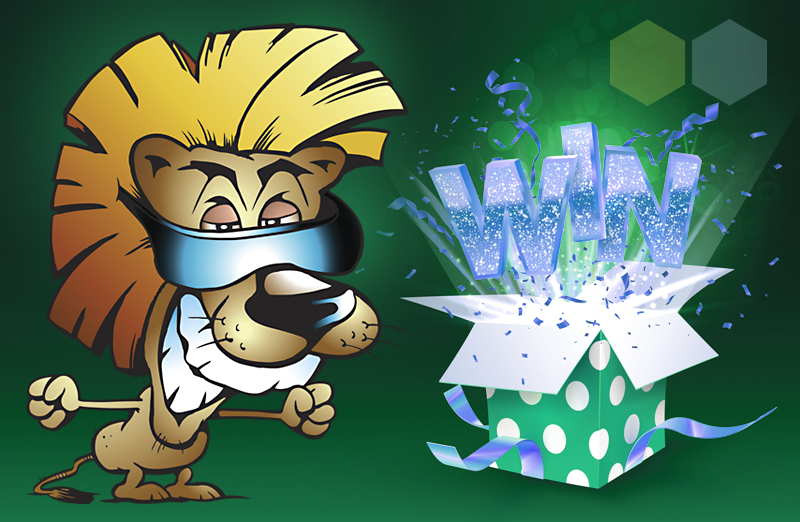“…Social gratifications are much more pertinent in problematic gamblers. The link between social gratifications and obsessive gambling could be a result of the broader cultural normalisation of mobile gambling.”
– Taken from mobile gambling research conducted by the National University of Ireland-Galway and published in February, 2021.
Amidst terms like social gratification, harmonious and obsessive passion, the latest and greatest research on pathological gambling reinforces two lessons most of us learned as teenagers:
- When a group or culture attaches status to a certain behavior, people are more likely to engage in that behavior, even if the consequences can be self-damaging. Or, to put it simple terms, I want to be seen as Joe Cool, no matter what’s at stake.
- One man’s passion can be another man’s poison. Individual mindsets and motivations can tip the scale from positive outcomes to negative consequences.
On the first point, some of you are thinking that no one uses the word cool anymore. And you’re right. Substitute awesome, rad, bad, dope or your other favorite synonym for cool. The point lies in how people may act in harmful ways just because they want to be respected, liked, appreciated, celebrated, vindicated or envied.
We’re so inured to the power of crowd thinking that we may pooh-pooh how critical cultural norms can be. But, one of the best examples of what happens when we make something “cool,” is what happened during the years that R. J. Reynolds used Joe Camel to add cache to its products. Teen smoking blew up by 73%.
Conversely, as noted in a National Institute of Health funded study from 2014, “research has demonstrated that the interventions that have the greatest impact on reducing tobacco use are those that alter the social contexts and incentives for using tobacco.”
What the crowd thinks has an impact on what a person does.
Think about this in the context of gambling. How many of you give kids scratch-off lottery tickets in their Christmas stockings? Or pay for extra “booty” so gamers can risk money and possibly increase a video game score? Or publicly bet through DraftKings? Or enter a bracket during the upcoming Final Four? Or…
None of these activities are necessarily wrong. Nor do they automatically trigger pathological gambling. But all of them make gambling, normal, routine and even “kinda cool.”
And cool is what cool does.
On our second point about passion, about 96% of all people can bet and not get addicted. Even on new mobile platforms, the National University of Ireland-Galway research found that some people gambled with great frequency and for significant amounts of money but did not get “hooked.” These are positive passion peeps (I added that last term) who see gambling as fun and exciting, and who enjoy the thrill of taking risks and winning.
But for about 4% of the world, they spend excessive amounts of money and time on wagering for very different reasons. They come from the obsessive mindset, feeling compelled to gamble even if they don’t really enjoy it the same way. They may want a select group of people to know about their betting because they think it gives them social status and thus compensates for a lack of self-esteem.
Obsessive folks operate from a plane of “must” while positive passion people are driven by “can.” People driven by obsessive passion crave a community that will see them as smarter or sexier because of gambling. Positive folks may enjoy their community but they don’t confuse what they bet with who they are.
The first paver on the road to self-destruction is obsession and it is entirely up to the individual. But, it’s time to fess up and get real. We all contribute to the speed and smoothness of the cultural downhill track when we make gambling ubiquitous and cool.
